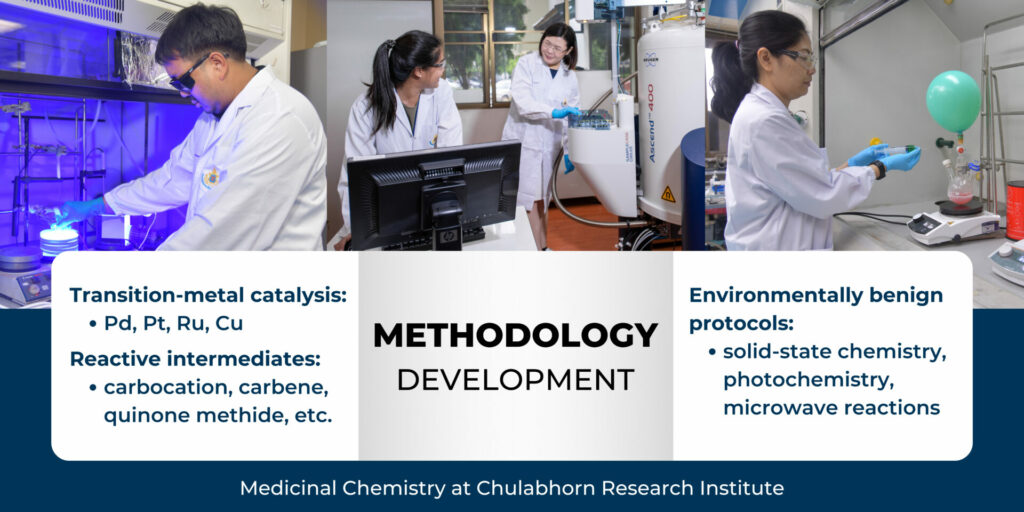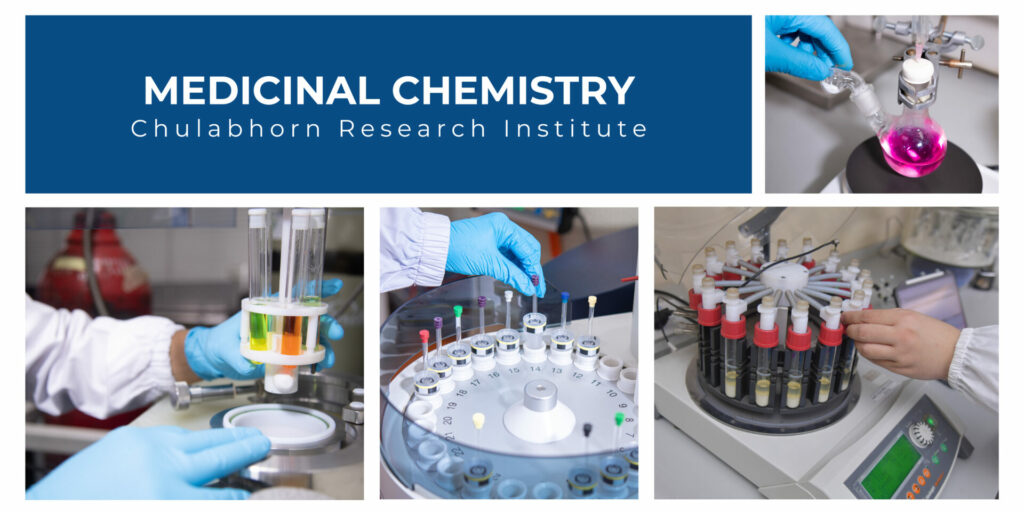Development of Synthetic Methods


Developing novel and efficient synthetic methods play vital roles in advancing organic synthesis to access privileged scaffolds. Not only has catalysis been a cornerstone for developing various methods and the protocols with less impact or footprint on the environment also deemed absolutely necessary for sustainability. Novel chemistries have been devised on the basis of green chemistry principles such as the use of water as a solvent, solid-supported chemicals as reagent, and microwave/electricity/light as alternative and renewable sources of energy. Modern practices on organic synthesis have been employed to the fullest potential, spanning from the chemo-, regio-, and stereo-selective processes to the cyclization of multi-ring systems. Annulation of different ring sizes as well as installation of chemically unique functional groups have been successfully achieved via these considerations. Developing these synthetic methods has enabled our laboratory to advance the frontier in organic synthesis to discover the untapped areas of research. New chemical reactivities of various reactive intermediates have been revealed, many of which are unprecedented. Transition-metal catalysis such as Pd, Pt, Ag, Ru, Cu, Ni, and Ir has been exploited to affect novel bond formations.





